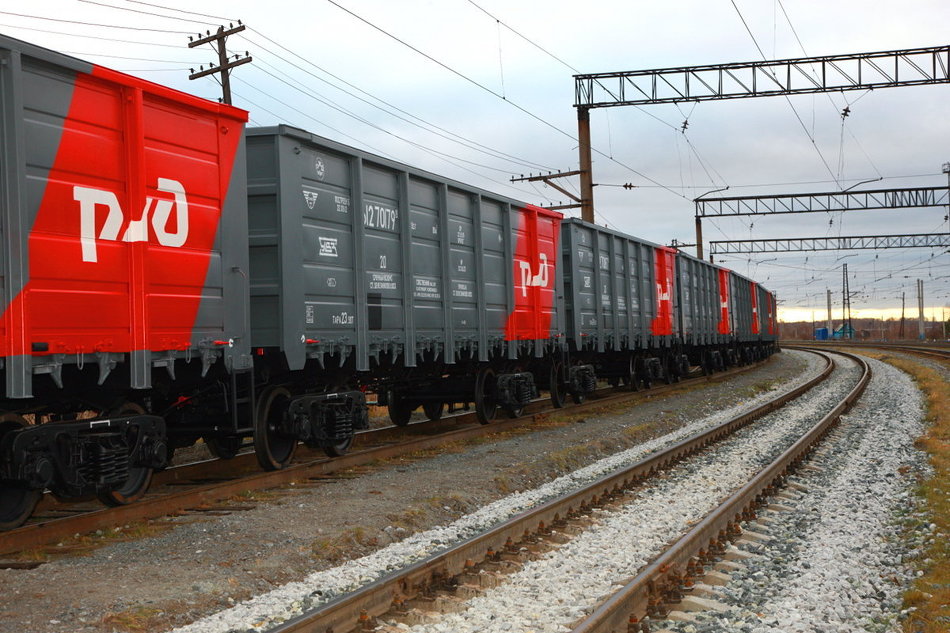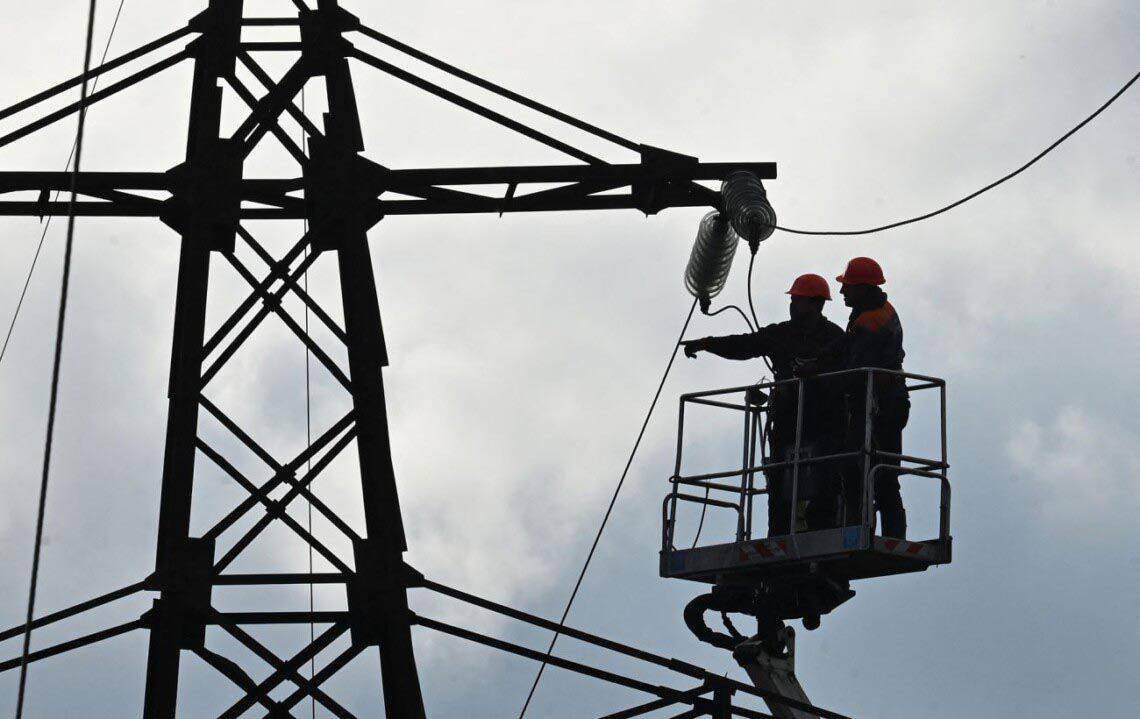In 2022, when Belarusian potash producer was sanctioned, Alexander Lukashenko stated that working in the potash market in the future would be "like trading arms": "Everything must be quiet and calm." While this comparison may seem surprising, potash is a crucial element in fertilizer production, and its availability is critical for global food security, as reported by OCCRP.
In Belarus, which has one of the largest potash deposits in the world, fertilizer production is a major part of the economy. Lukashenko faced sanctions due to human rights violations, corruption, and support for Russia in the war against Ukraine, leading to the country’s isolation from the West. Previously, Belarus exported potash through the Lithuanian port, but after the sanctions were imposed, this route was closed, and the country began shipments through Russia to countries that had not imposed restrictions.
The new export scheme has proven problematic as it violates European sanctions. The Belarusian Investigative Center (BRC) discovered that the scheme involves the Cypriot company Dimicandum Invest Holding Ltd, linked to a former high-ranking official in Lukashenko's administration. Documents show that the company was hired for cargo handling, but its involvement led to additional costs and breaches of the sanctions regime.
Internal documents indicate that the fees for Dimicandum’s services significantly exceed market rates. In 2023, "Belaruskali" paid this company almost twice as much for handling a ton of fertilizer compared to what it would pay directly to the port. Meanwhile, the official owner of Dimicandum, Galina Acritova, and her representatives deny any violations and involvement in sanctions avoidance schemes.
Investigations have shown that Dimicandum did not provide typical forwarding services and participated in a scheme violating European sanctions. The situation points to a broad corruption scheme that may be typical for Belarusian state enterprises, where offshore companies are often used to bypass international restrictions and siphon funds.




















